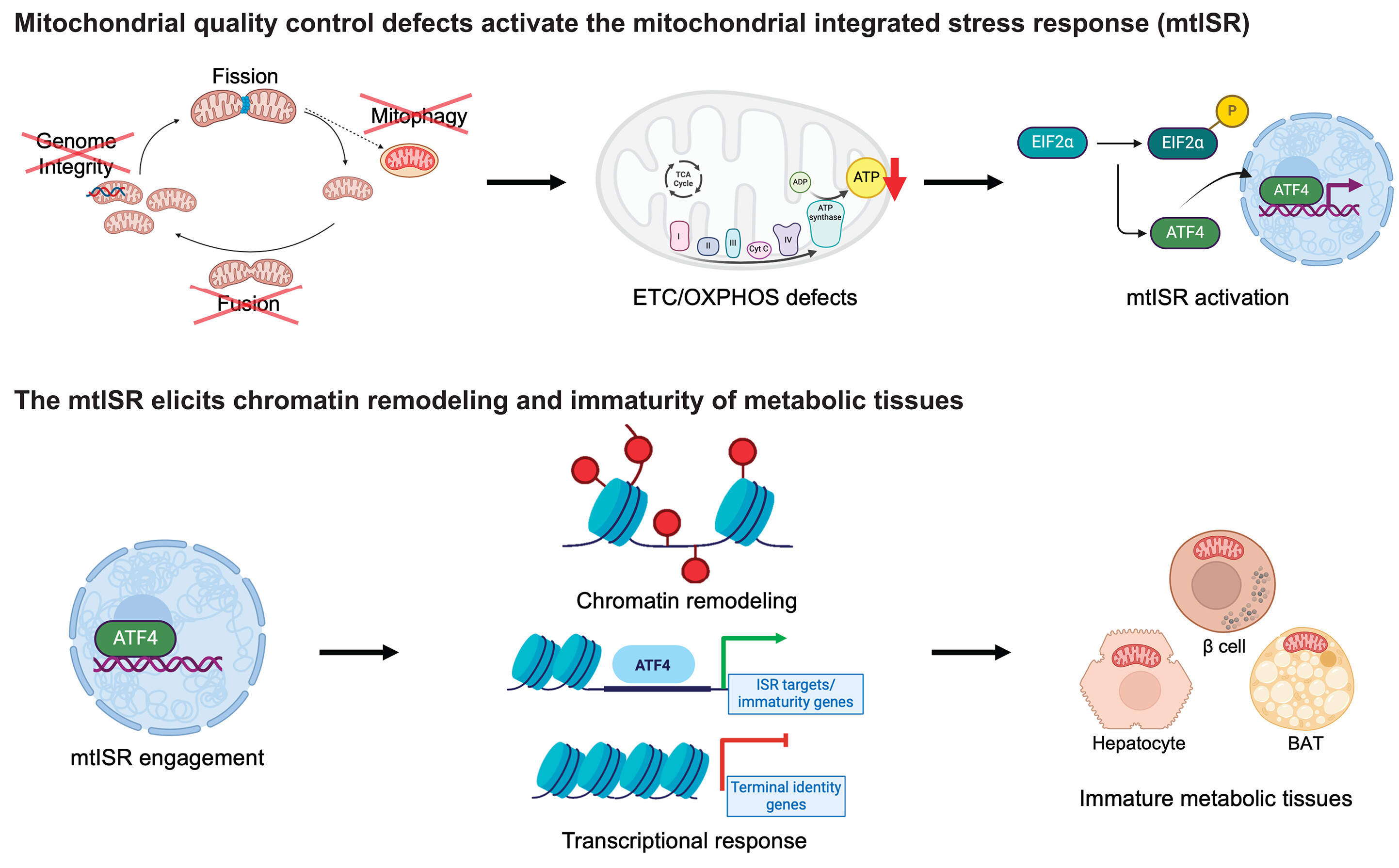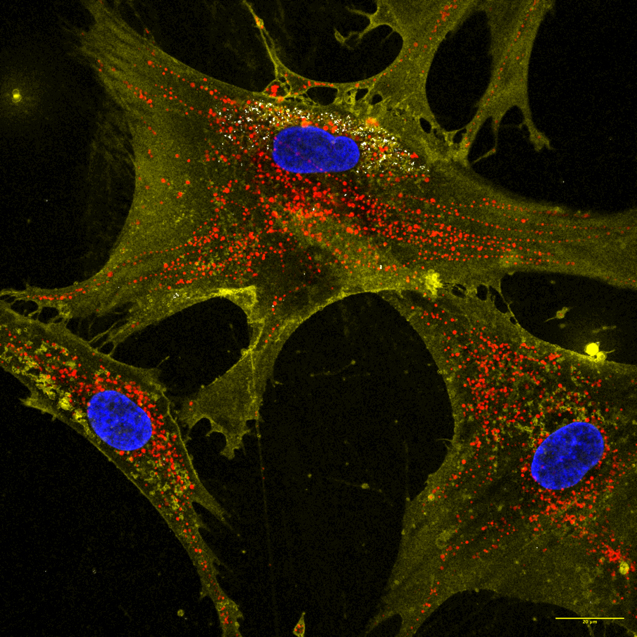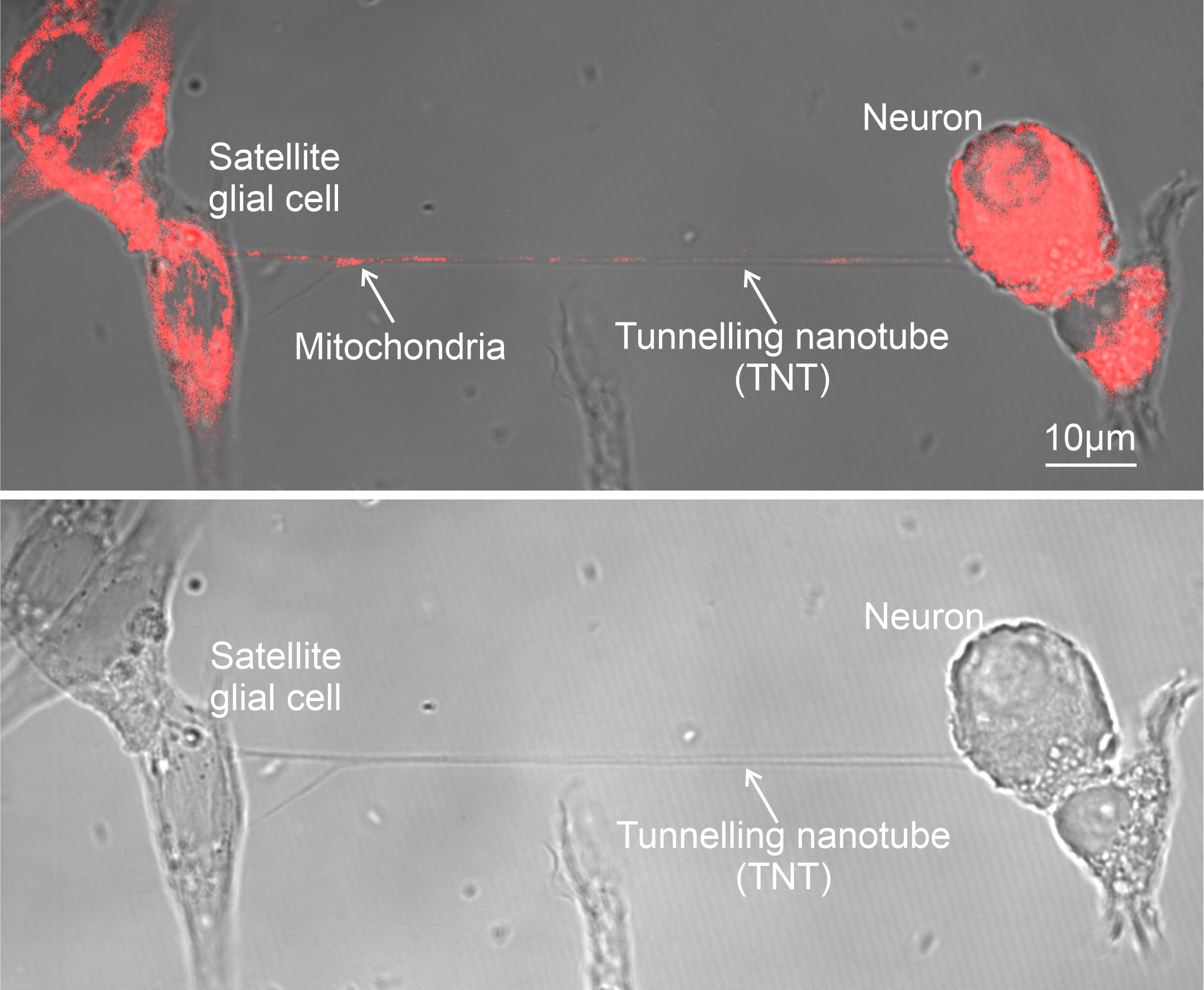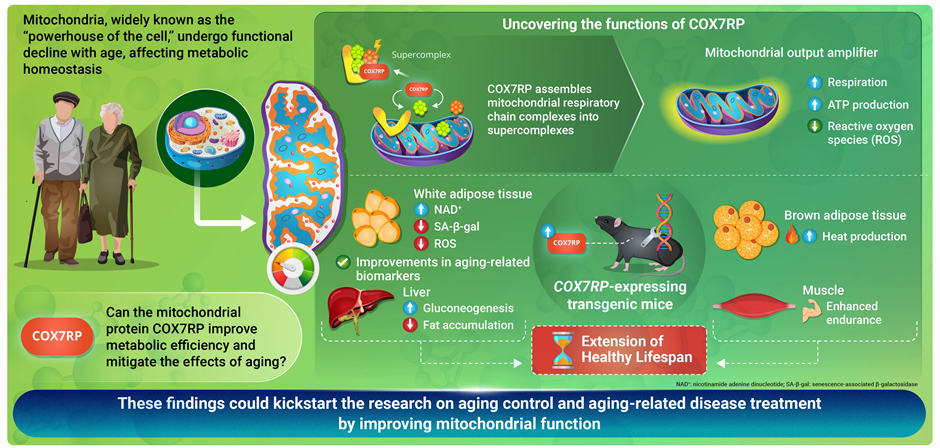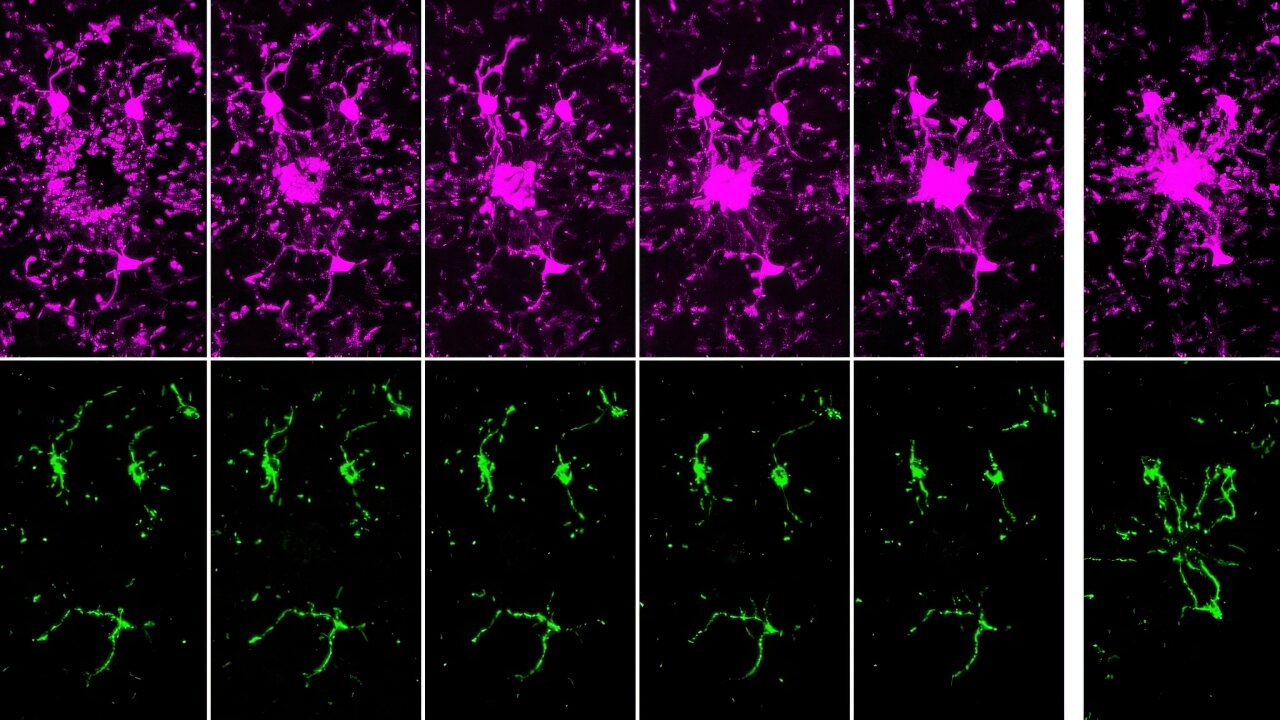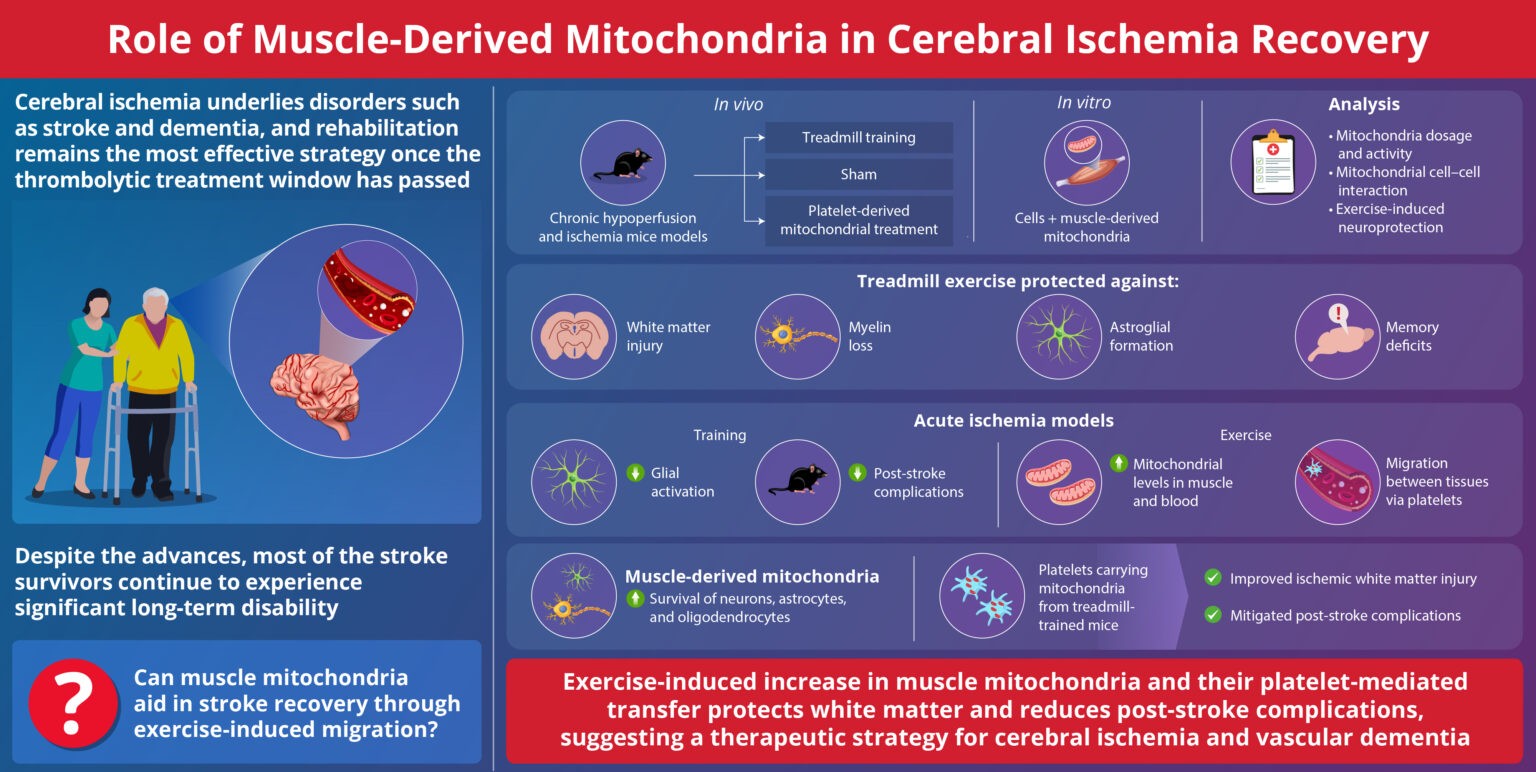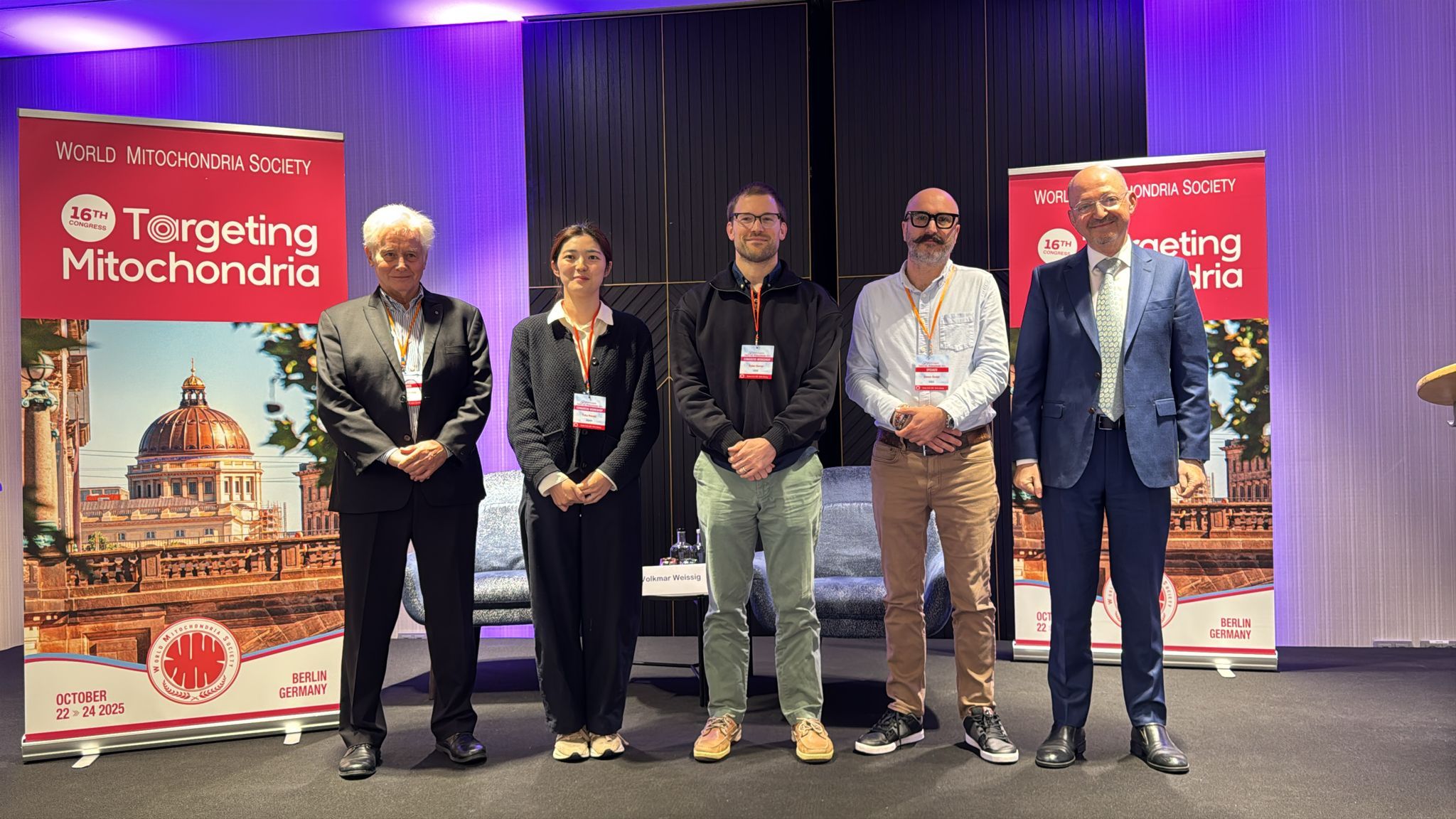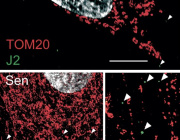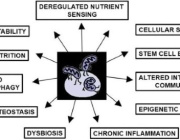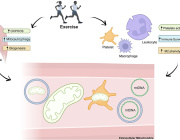A newly discovered anti-senescence function of Vitamin B2
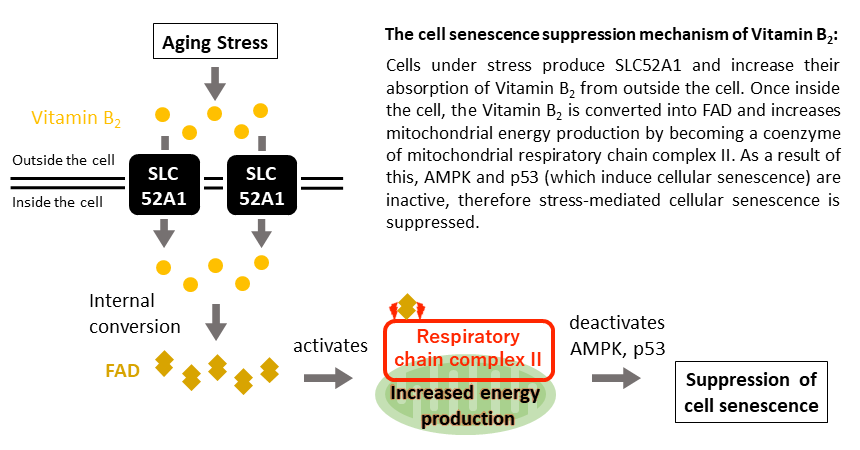
A new study conducted by Kobe University will take your understanding of cell aging to a whole new level.
Japan is a super-aged society and as a result, research into aging is becoming increasingly important to resolve the accompanying medical and welfare issues, and to help people live healthily for longer.
Furthermore, it has been discovered that it is possible to prevent or ameliorate age-related disorders that occur more frequently as people get older, such as cancer, cardiovascular disease, Alzheimer’s and diabetes, by preventing the accumulation of senescent cells.
A group of Kobe University researchers have revealed that adding Vitamin B2 to cells that have been exposed to aging stress increases the mitochondria’s ability to produce energy and prevents cell aging.
The research team discovered a phenomenon whereby resistance to cellular senescence occurred as a result of increasing the amount of SLC52A1 produced. SLC52A1 is the protein responsible for transporting vitamin B2 into cells (vitamin B2 transporter*1).
Inside the cell, vitamin B2 is converted into a substance called Flavin Adenine Dinucleotide (FAD), a coenzyme*2 that promotes the chemical reactions necessary for biological activities such as energy production.
Stay tuned to keep updated about the indespensable role and potential of mitochondria.
Read more on this research here.









